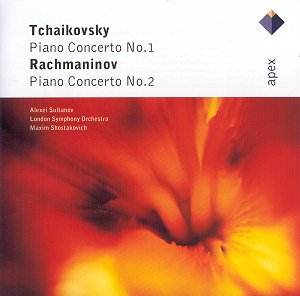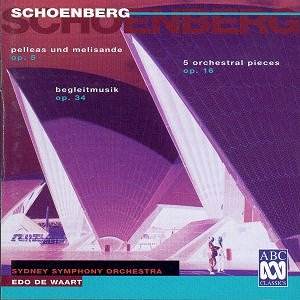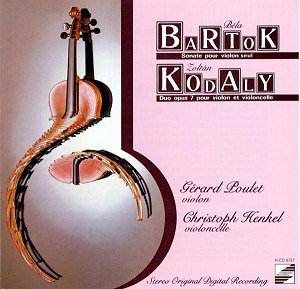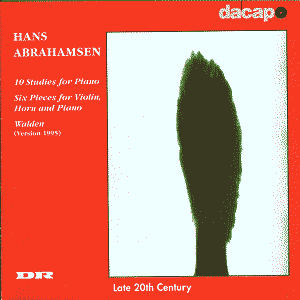 Composer: Peter Ilyich TCHAIKOVSKY (1840-1893)
Composer: Peter Ilyich TCHAIKOVSKY (1840-1893)
Works: Piano Concerto No.1 in B flat minor Op.23; Sergei RACHMANINOV (1873-1943) Piano Concerto No.2 in C minor Op.18
Performers: Alexei Sultanov (piano), London Symphony Orchestra/Maxim Shostakovich
Recording: Recorded at Snape Maltings Concert Hall, Suffolk in November 1989
Label: TELDEC APEX 0927 408352 2 [68.48]
Both Tchaikovsky’s and Rachmaninov’s piano concertos stand as monumental testaments to the resilience of their creators amid early career struggles. Tchaikovsky’s Piano Concerto No. 1, initially rebuffed by the prominent pianist Nikolai Rubinstein, eventually found its champion in Hans von Bülow, who recognized its brilliance. Similarly, Rachmaninov’s Second Piano Concerto emerged from the ashes of artistic despair following the disastrous premiere of his First Symphony. The juxtaposition of these two quintessential works, both of which feature strikingly evocative piano writing and lush orchestration, provides a fertile ground for exploration of their interpretative merits.
Alexei Sultanov’s interpretation of these concertos is marked by a commanding technique that balances sensitivity with dramatic flair. In Tchaikovsky’s concerto, he navigates the tempestuous opening with impressive agility, articulating the rapid figurations with clarity and purpose. Sultanov’s touch is particularly noteworthy in the lyrical second theme, where he cultivates a sense of warmth and yearning, a hallmark of Tchaikovsky’s romantic style. The orchestral backdrop, under Maxim Shostakovich’s baton, is characterized by a rich palette of colors, illuminating the woodwind passages often overshadowed in other interpretations. The strings’ lushness resonates beautifully, creating a compelling dialogue between soloist and orchestra.
Turning to Rachmaninov’s concerto, Sultanov’s approach is equally compelling, bringing forth the work’s inherent melancholy and grandeur. The opening chords resound with a majestic authority that quickly transforms into a cascading waterfall of notes, where Sultanov’s technical prowess shines through. His ability to delineate the intricate semiquavers in the Allegro, while maintaining musical coherence, is particularly impressive. Shostakovich’s orchestral support here is equally vital; the London Symphony Orchestra’s strings and brass create a sumptuous sound that envelops the piano, especially in the Adagio, where the mood shifts to introspective depth. Sultanov’s phrasing during the climactic moments showcases not only technical skill but also an emotional understanding of Rachmaninov’s musical language.
The recording quality, while generally clear, exhibits a slight lack of depth and resonance that can detract from the overall listening experience. Snape Maltings Concert Hall’s acoustics, though warm, may not fully capture the expansive soundstage that these concertos typically demand. However, this is a minor quibble in light of the freshness and immediacy that Sultanov and the LSO bring to these works. The performances possess a palpable sense of joy and collaboration, suggesting that the music itself was a source of satisfaction for all involved.
This recording ultimately stands as a robust interpretation of two beloved masterpieces. Sultanov’s ability to marry technical agility with emotional depth, combined with the orchestral support that highlights the intricacies of both concertos, ensures a rewarding listening experience. The duality of struggle and triumph present in Tchaikovsky’s and Rachmaninov’s works finds a lively expression in this performance, making it a valuable addition to the discography of these concertos.



